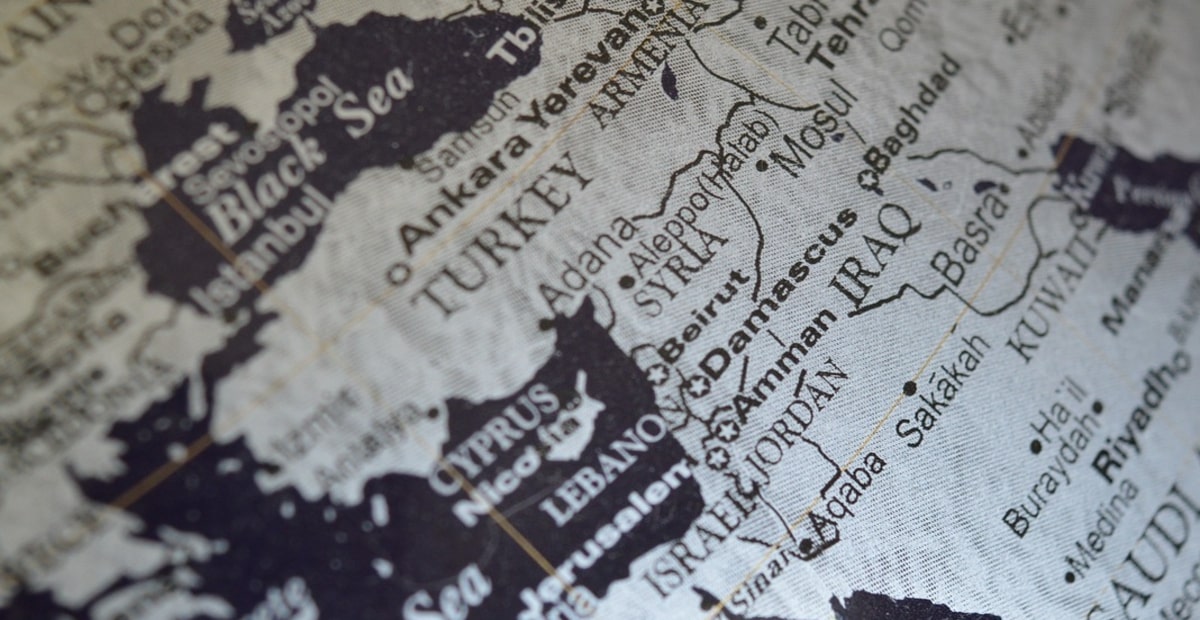From Wall Street to Africa — The Money Handlers Come Out on Top
How are Wall Street’s and sub-Saharan Africa’s money handlers similar?
January 8, 2009
Few observers of global finance would see much similarity between government ministers in central Africa and Wall Street’s lords of finance. Perhaps I do only because of my own peculiar work history — covering Wall Street for The Wall Street Journal and later, working as a senior communications officer in the World Bank’s Africa Region.
Now, with some distance from both roles, it occurs to me that Wall Street’s moguls and Africa’s gestionnaires (meaning: policymakers) have essentially the same job. Both handle the money as it moves through the system toward various investments.
In Africa, the investments tend to emanate from international donors and natural resource companies, while on Wall Street, they originate with millions of institutional and private investors.
What’s similar, though, is that local culture — be it Wall Street’s or sub-Saharan Africa’s — supports and encourages lavish compensation just for the handling of investments.
In both cases, the reward system is a source of consternation, criticism, jokes and occasional expressions of outrage. But it is generally accepted as inevitable, perhaps even necessary. Without it, according to the usual line of explanation, you couldn’t attract the “necessary talent”.
That culture of tolerance was most starkly delineated for me during a 2005 visit to N’Djamena, the beleaguered capital of war-torn Chad, which sits atop a modest oil resource.
To help develop that resource, the World Bank and others extended loans for an oil pipeline on the now-broken promise that the Chadian government would invest specified percentages of the resulting wealth in programs to benefit a miserably impoverished population.
My trip included a tour of the country’s capital with a gracious health minister. The tour began with a swing by the construction site of her new home — a turreted, balconied mega-house, rising out of a city that consisted mostly of dust and slums.
Next came a harrowing walk through the main hospital in the capital, where dozens of mothers sat helplessly as their feverish babies — stricken with measles — struggled for life.
It turned out that the money for a comprehensive measles vaccine program, derived from the oil revenues had gone unused — or gone missing. As a result, this community of tiny Chadians struggled for breath under the assault of a dangerous, but preventable, disease.
What was remarkable was the absence of shame at the juxtaposition. The house, the heat, the dust, the deaths — it was all just part of another day in N’Djamena.
And how different is it from Goldman Sachs (substitute another name or figure) mapping — without a flutter of embarrassment — the distribution of $16 billion in bonuses at the conclusion of a year when Wall Street excesses treated the world to a financial calamity requiring unprecedented taxpayer bailouts?
Polls in Africa show that people would consider a minister a laughingstock if he or she didn’t leave public service possessing conspicuous wealth. It simply comes with the job — as it does on Wall Street.
Tales of excess spin around Wall Street and Africa, and they are legion. Some involve blockbuster fraud and theft — the Madoffs and Mobutus — while others are more about ordinary greed and entitlement.
What makes the money dramas so saddening is that the handlers occupy center stage throughout — as they build look-at-me homes in N’Djamena or Greenwich, talk about their $200,000 wine budgets and then weather the various recriminations that pile in when the wells run dry.
Lost on the sidelines of these timeless morality plays are the uncounted losers who might have benefitted if at least some of the attention, and some of the money flows, hadn’t been so heavily directed toward the handlers, whose brilliance (or luck) placed them so strategically on the capitalist conveyor belt.
In Africa, the United States and throughout the world, there are cities that need rebuilding, companies that need to modernize — and babies who shouldn’t die of measles.
The needs are straight-forward, and they are what the money is for ultimately. Or what the money was for. To figure out where yesterday’s money is today, just ask the handlers.
Takeaways
Tales of excess spin around Wall Street and Africa, and they are legion. Some involve blockbuster fraud and theft — the Madoffs and Mobutus.
What is remarkable was the absence of shame at the juxtaposition. The house, the heat, the dust, the deaths — it was all just part of another day in N'Djamena.
Local culture — be it Wall Street's or sub-Saharan Africa's — supports and encourages lavish compensation just for the handling of investments according to the usual line of explanation, you couldn't attract the "necessary talent."
And how different is it from Goldman Sachs (substitute another name or figure) mapping the distribution of $16 billion in bonuses at the conclusion of a year when Wall Street excesses effectively treated the world to a financial collapse?
Read previous

Make Peace Now
January 7, 2009
